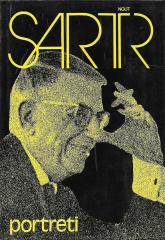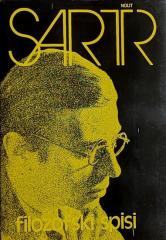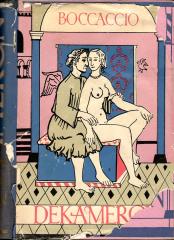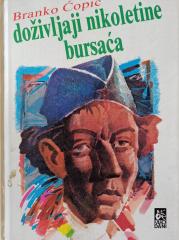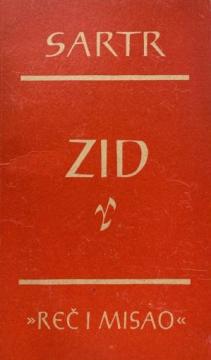
Zid
„Zid“ je zbirka od pet egzistencijalističkih kratkih priča Žan-Pola Sartra, prvi put objavljenih 1939. godine, koje se bave apsurdom ljudskog postojanja, slobodom, strahom, smrću i moralnim izborom.
Sartr koristi svakodnevne situacije i granične okolnosti da istraži kako se čovek suočava sa sopstvenom slobodom, odgovornošću i besmislom.
Naslovna priča, „Zid“, prati tri zatvorenika tokom Španskog građanskog rata koji čekaju pogubljenje. Kroz psihološku napetost i introspektivne misli naratora Pabla, Sartr istražuje kako spoznaja njegove neizbežne smrti menja njegovu perspektivu na život. U trenutku apsolutne bespomoćnosti, Pablo čini ironičan, apsurdan čin koji dovodi do neočekivanog obrta – prikazujući slobodu kao poslednju unutrašnju moć čoveka, čak i pred licem smrti.
U drugim pričama, kao što su „Erostrat“ ili „Intimnost“, Sartr prikazuje likove koji se bore sa otuđenjem, telom, seksualnošću i identitetom. Zajednička nit u svim pričama je sartovski pogled na postojanje – čovek je prepušten sebi, bez božanske pomoći, osuđen na slobodu i sopstvene izbore.
Sartr piše hladno, analitički i nemilosrdno. „Zid“ nije samo književno delo, već filozofska ilustracija njegovih ideja iz „Bića i ništavila“. Likovi u pričama doživljavaju krizne trenutke koji ih suočavaju sa sopstvenom autentičnošću ili kukavičlukom.
„Zid“ ostaje kapitalno delo francuskog egzistencijalizma i snažan prikaz čovekove unutrašnje borbe za smisao u svetu bez sigurnosti.
Es werden zwei Exemplare angeboten
